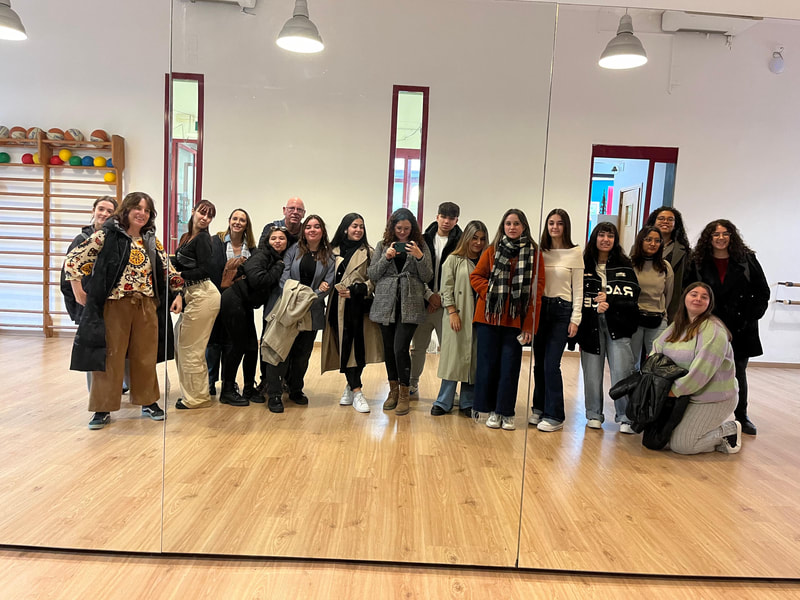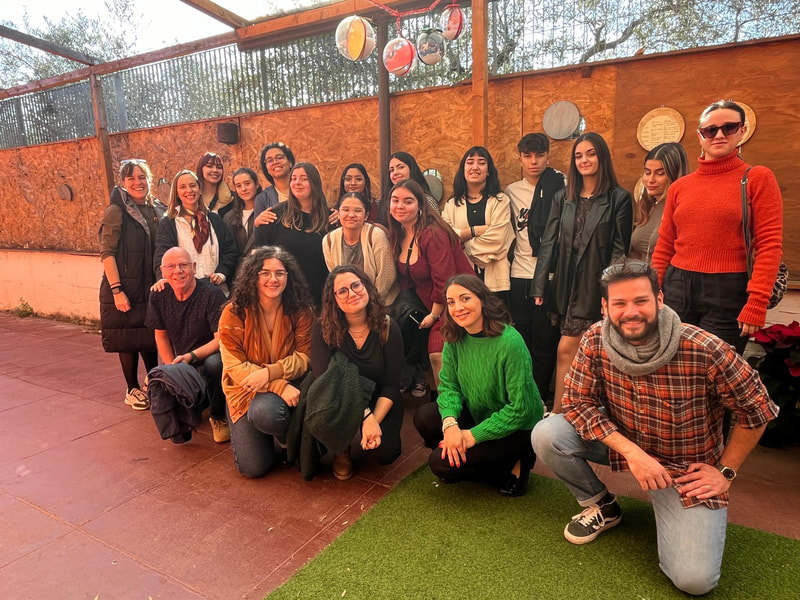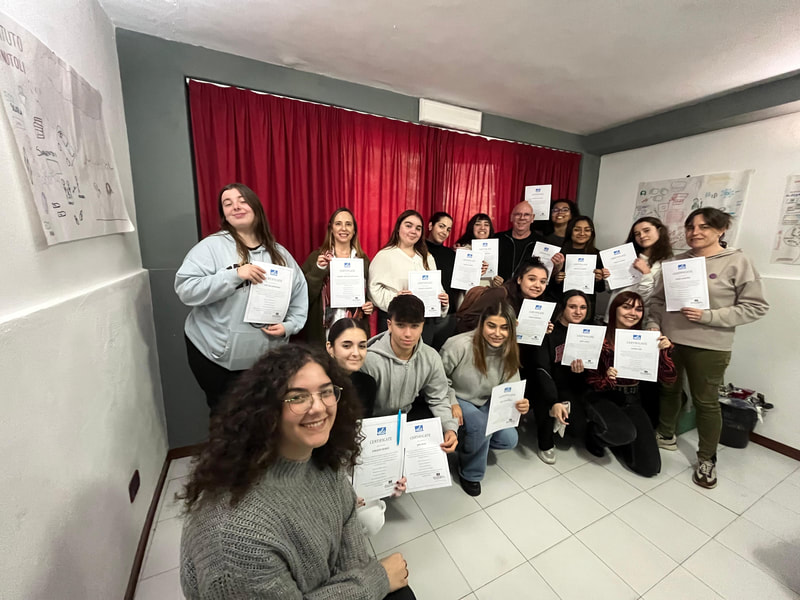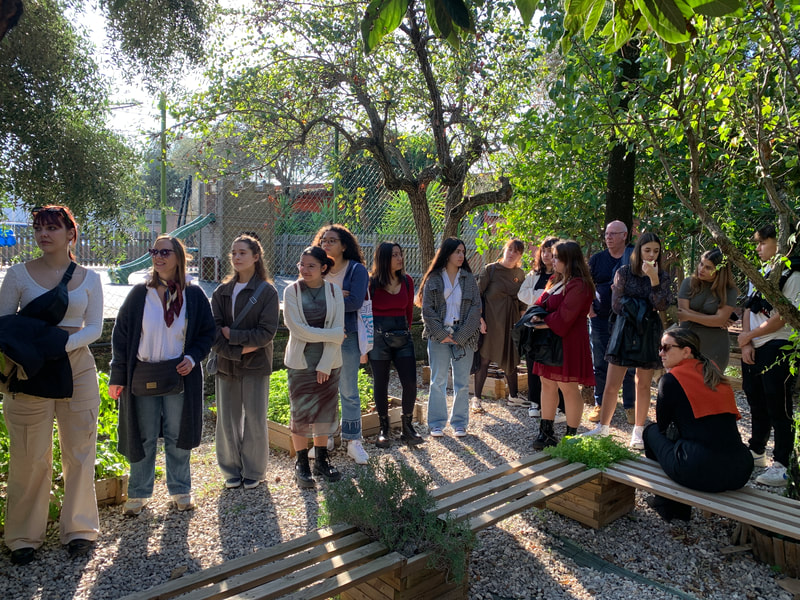|
Since the world of childhood and preschool education is in constant development, preschool teachers must keep up with the new trends and stay updated on what is more relevant. This training course for preschool teachers will be a point of departure for analysing the main principles, characteristics and benefits of the best preschool methods.
The new edition of the course “The best for preschool teachers” took place in Palermo from 11/12/2023 to 15/12/2023. The participants came from the IES Eskurtze BHI in Spain, with the teachers Leire, Leonor, Miguel and their students Jon, Eneritz, Alba, Maitena, Ane, Adarrosa, Xena, June, Malen, Iraide, Lierni, Haizea and Daniela. The course started with some ice-breaking practical activities, sharing expectations, contributions and fears about the training course and discussing the best approaches related to preschool teaching. The main topic of this first part of the course was certainly presenting the Italian model for preschool education, describing the different preschool sections, time and routine and how children with special needs are integrated. In this way, the participants also had the opportunity to make a confrontation between their educational system with the Italian one. Indeed, participants learned and explored different Italian preschool methods, starting with the the Montessori method, a philosophy and pedagogy developed by Maria Montessori in the early 19th century. To better understand this approach, we also visited the Istituto Internazionale M. Montessori, a local kindergarten where participants could analyse practically the main characteristics of the Montessori method. During the week we visited another local preschool, the Istituto Minutoli, which has the goal of stimulating the children's growth and qualifying their time at school, through a detailed selection of contents, materials, spaces and experiences. We also had the opportunity to visit their nursery, which has an innovative pedagogical identity and a marked environmental sensitivity. During the week participants discovered other Italian preschool approaches, like non-formal education: we started to describe the differences between formal, informal and, in fact, non-formal education. To better understand this method, some activities and games were enforced: we examined the different stages of structuring non-formal education and we practised how to manage debriefing through questions aimed at encouraging students' reflection. Another relevant preschool approach is outdoor education: participants examined its main principles and benefits, underlining the value of outdoor learning for personal, social and relational development starting at a young age. They worked in group activities to better understand the various dangers of this type of method, discussing how to prevent these risks. Finally, we explored the principles and approaches of the Reggio Emilia education method: participants had the chance to learn more about the history, the materials, the projects and the experiences, which make the Reggio Emilia approach unique in the world. Indeed, this method is highly considered for its child-centred, inquiry-based, and collaborative strategy for learning. At the end of the week, participants have collected beautiful memories and experiences to take home. We particularly wish students good luck in their future teaching careers! Discover more about this course here. |
Welcome to the ELA Blog. Here you will find articles and photos of our courses and have a look at the topics addressed during the week in Bologna, Palermo and Tenerife. You will also have the chance to take a peek at our projects and check out what we have been up to.
Archives
July 2024
Categories |
-
Course catalogue
- 2023-2024 course catalogue
- Soft Skills >
- ICT and New Technologies >
- Inclusion and Diversity >
-
Innovative Teaching Methods
>
- Innovative teaching methods discovery
- Non-formal education teaching methods
- Dual education and work-based learning
- Teaching leadership and entrepreneurship
- Project based learning
- Game based learning and gamification
- Green skills
- Outdoor education
- Outdoor education trekking edition
- Promoting creativity and critical thinking
- Languages and EU projects >
- Preschool >
- Erasmus Plus KA1
- What we do
- About us
- Locations
- Blog
- Contact us
 English
English български
български Čeština
Čeština Español
Español Français
Français ελληνικά
ελληνικά Italiano
Italiano Polski
Polski Português
Português Română
Română



 RSS Feed
RSS Feed









